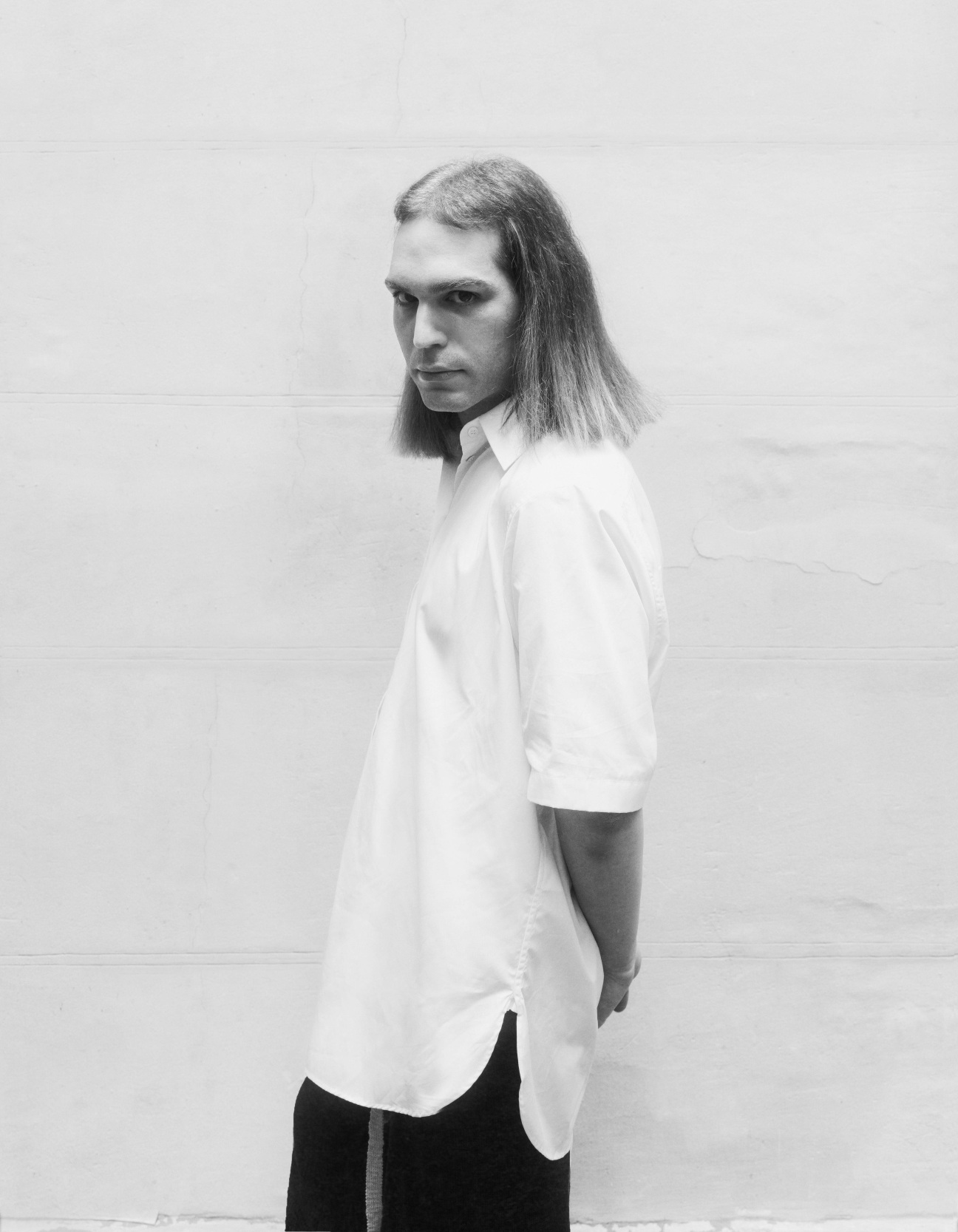
In Aveux Non Avenus, Claude Cahun’s 1930 poem-as-autobiography, the queer French activist and artist writes, “Beneath this mask, another mask. I will never stop peeling off all of these faces.” Just under a century later, Italian designer Niccolò Pasqualetti has picked up where Cahun left off, translating the late image-maker’s investigation of gender and its accoutrements into clothes that flout normative prescriptions and suggest an alternate sartorial alphabet.
Mirrors—and the dualities they make evident—are a leitmotif in Cahun’s photographic oeuvre, and it is in one’s reflection that Pasqualetti began making their own visual assemblages as a child. Sifting through their parents’ wardrobes, the Tuscan native mixed and matched garments, unearthing a hybrid architecture. “It was always about trying to find an identity through fashion,” they tell CULTURED.
Flash-forward to 2020. After cutting their teeth at Central Saint Martins, The Row, and Alighieri, the young designer left a plum post at Loewe and returned to rural Tuscany. In the cocoon of their childhood home and the isolation of Covid lockdowns, their eponymous line was born. Four years later, Pasqualetti just presented their stunningly sober Autumn/Winter 2024 collection at Paris Fashion Week and has been nominated—for the second time—for the esteemed LVMH Prize. Before the bustle of fashion week took over the French capital, Pasqualetti sat down with CULTURED to unspool their sartorial DNA and the sense of play inherent to the garments they materialize.
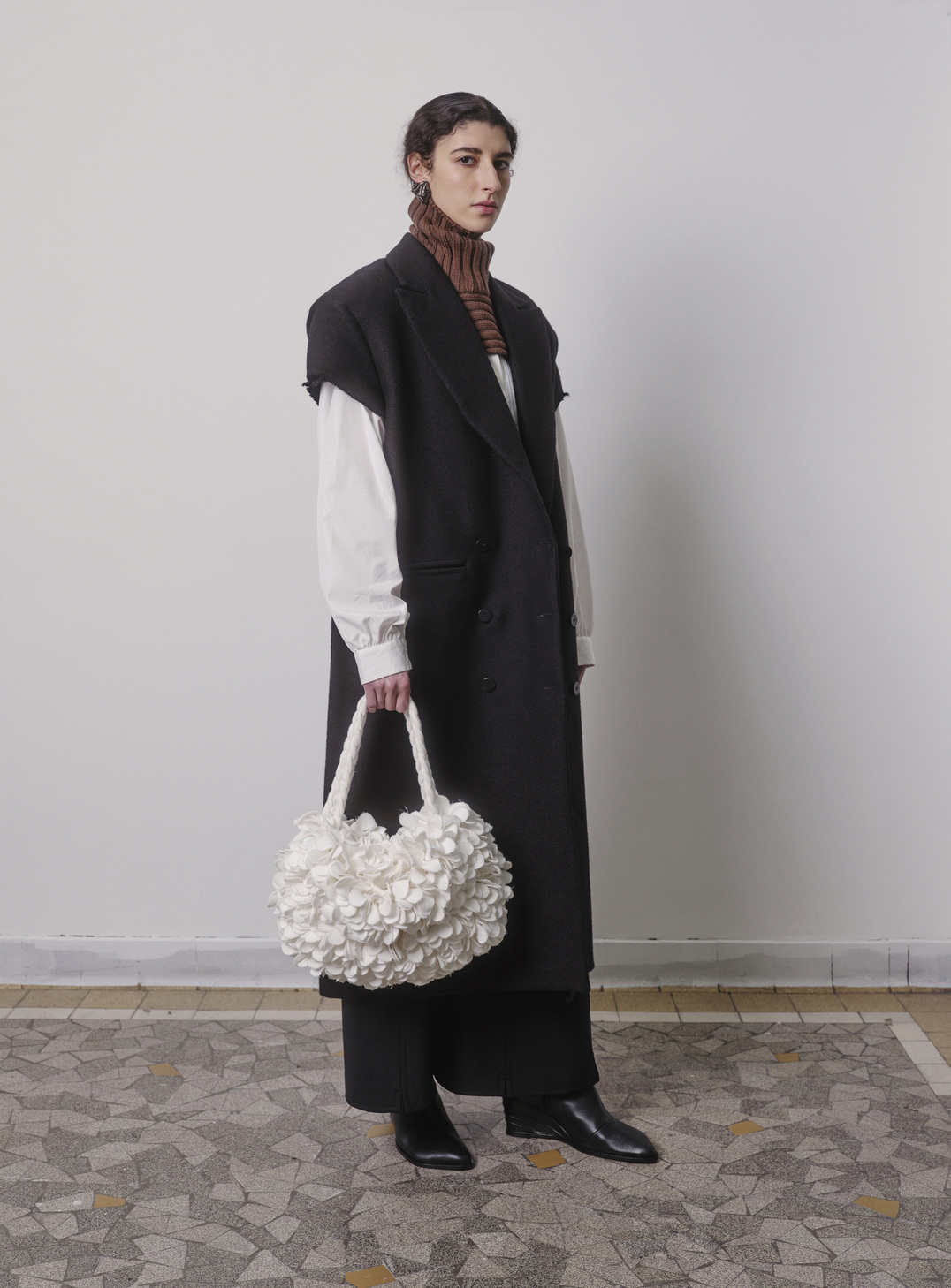
Who taught you how to dress?
I don't think anyone really taught me. It was a process of always experimenting with different pieces of clothing. The essence of the brand is actually a memory that goes back to me trying to dress in front of the mirror and mixing my parents' clothes. They wore very traditional clothes, so it was really mixing them and trying to find new shapes and silhouettes. It was always about trying to find an identity through fashion.
Aside from your parents' closets, were there people you were looking to at that age when you're starting to conceive of your own personal style?
I was much more naive when it came to this. I wasn't really trying to emulate anyone. It was just really playing around, a sort of a game.
You studied at the IUAV in Venice, then in Belgium, eventually ending up at Central Saint Martins in London. When did you decide that you’d make this child’s play into a career?
It wasn't something that was immediate or linear. I tried different paths. In my secondary school, I actually studied foreign languages and literature. Then after that, I also did a bit of economics and management. But something made me understand that it wasn't at all what I was supposed to be doing. I also think I didn't really know it could be a career at the time. Because where I am from, it's not a place with such opportunities. I didn't really have anyone that I knew [in the fashion world]. It was just a completely new thing for me. I started to get information online and I went to school open days, but I never thought I was going to be a designer.
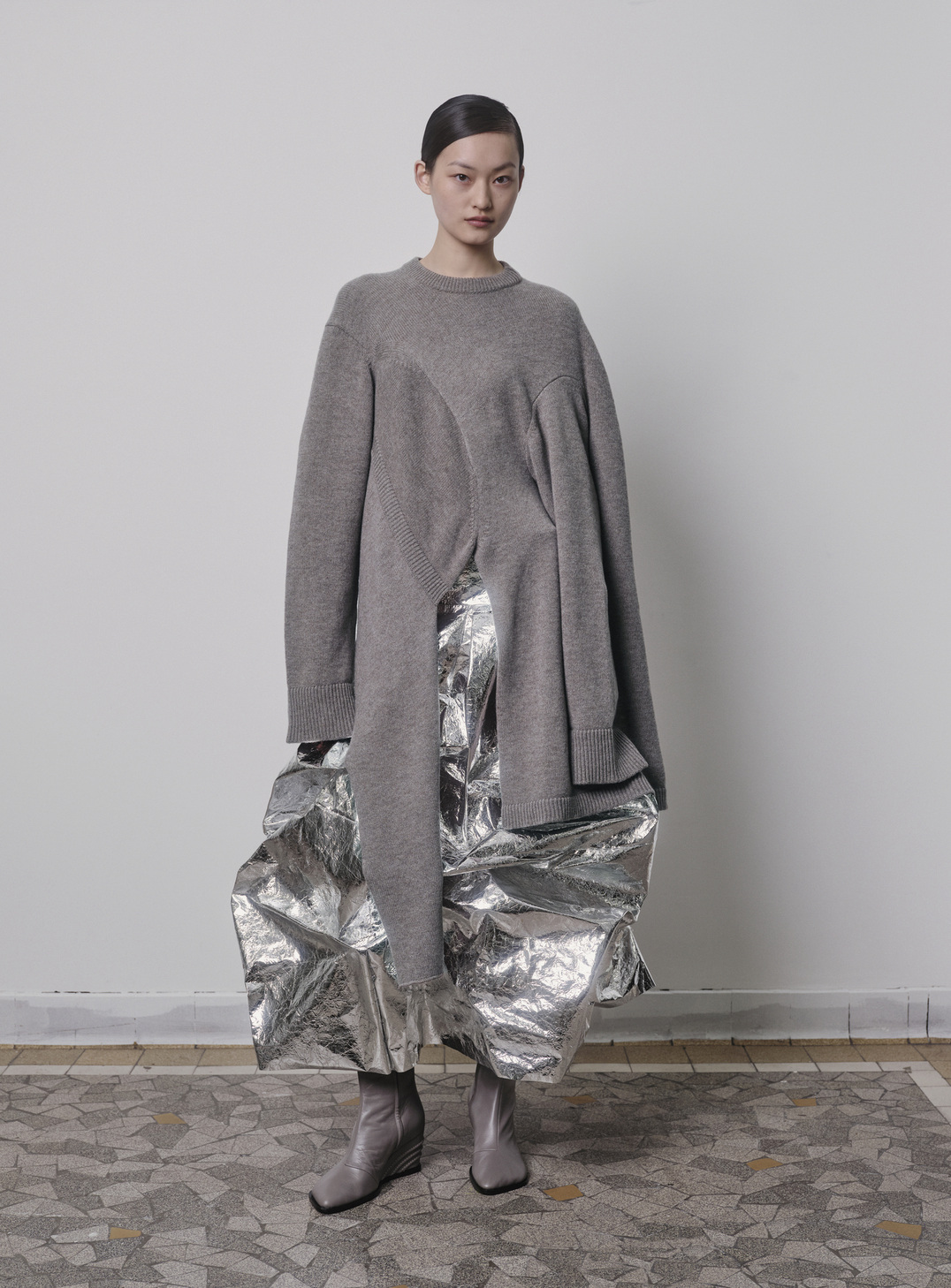
What did you see yourself doing in the fashion world, if not designing?
At the beginning, I was very interested in image-making. It goes back to the idea of taking a picture of myself in the mirror [as a child] and trying to play with images in the end. But I'm also someone who really likes the practical side of it, so making things and assembling things. Later on, during my university, I started exploring making clothes and I really liked it. My tutors were very encouraging because I think they thought I was good at it. So that's how it really started.
Were there any fashion image-makers that really inspired you?
I have this book called Not in Fashion. Photography and Fashion in the 90s. I was really attracted by the images of that. But I wouldn't say there was a specific image or a specific photographer, I think.
Can you tell me a bit about your experiences after graduating from CSM working for brands like The Row and Loewe? How did those jobs shape you?
In general, I think working for other brands in any capacity really makes you understand what you like and what you don't like about the field. It's always great to see that places like this have a structure and there is a way that these places work, whether you like it or not. And you learn a lot about teamwork, which in fashion is fundamental. To have big teams and to collaborate together is great because fashion is not a one-person job. Then obviously developing big collections, like at Loewe, the collections are big and there are different lines and each line means something. So it definitely trained me on that.
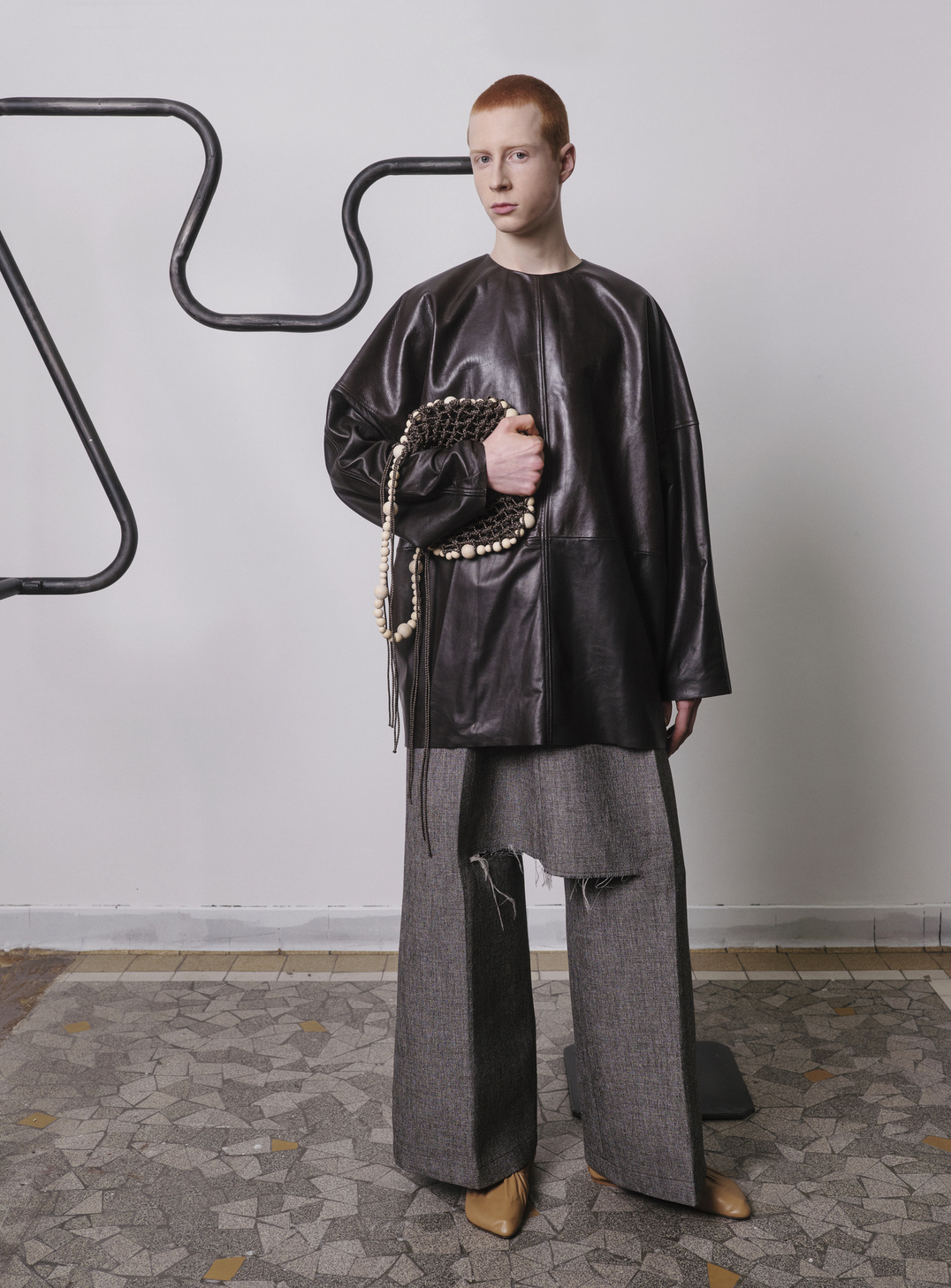
The Covid lockdown and your return to Tuscany were major catalysts for launching your eponymous line. If you go back to where you were in 2020, 2021, what audience were you looking to touch? Were you designing for your younger self? Were you designing for people that you would come across? Were you designing for someone who doesn't exist yet?
I really wanted to tell my story, and it definitely wasn't the easiest time to do it. I quit my job at Loewe, and I really thought I had something to say. I was very curious about the way to say it and the process. I liked having this clean slate in the sense that I tried to work on different levels—so things I would really want to wear myself but twisted with details and three-dimensional constructions, combined with more art pieces and more abstract pieces—and by doing that, tried to promote craft and handmade work. Where I am from in Italy is actually an area of manufacturing, and since I’ve worked in fashion, I've always seen the brands all over the world go there to produce. So it was something natural for me, to work directly with these people and try to make them challenge themselves too. It's about proposing something they wouldn't necessarily do every day. I wanted my brand to be for the future.
What can we expect for your Autumn/Winter 2024 collection? What are you imbuing it with?
The feeling was really wanting to be surrounded by fabrics that are very honest—that are what they are. The idea was really to have this sort of seriousness. In general, every design is about someone's life and what's happening [around you] will definitely influence the collection. For family reasons, I have been going through a bit of a hard time. So this seriousness and formality is definitely going to be in the collection with very classic colors: black, nude, charcoal, and beige.
Androgyny is a word that often is associated with your brand. How do you feel about that word being tossed around?
I like to define the brand as genderless, but it's quite subtle. It's really about giving people the freedom to decide what they want to look like without having a label. That goes back to why I started the brand. I didn't find clothes at the top level that are made with this sort of thinking from the beginning, where it's not marketing or any sort of strategy. The designs and the shapes are really informed by that. They can suit many different body types as well. We try the pieces on bigger and smaller sizes.
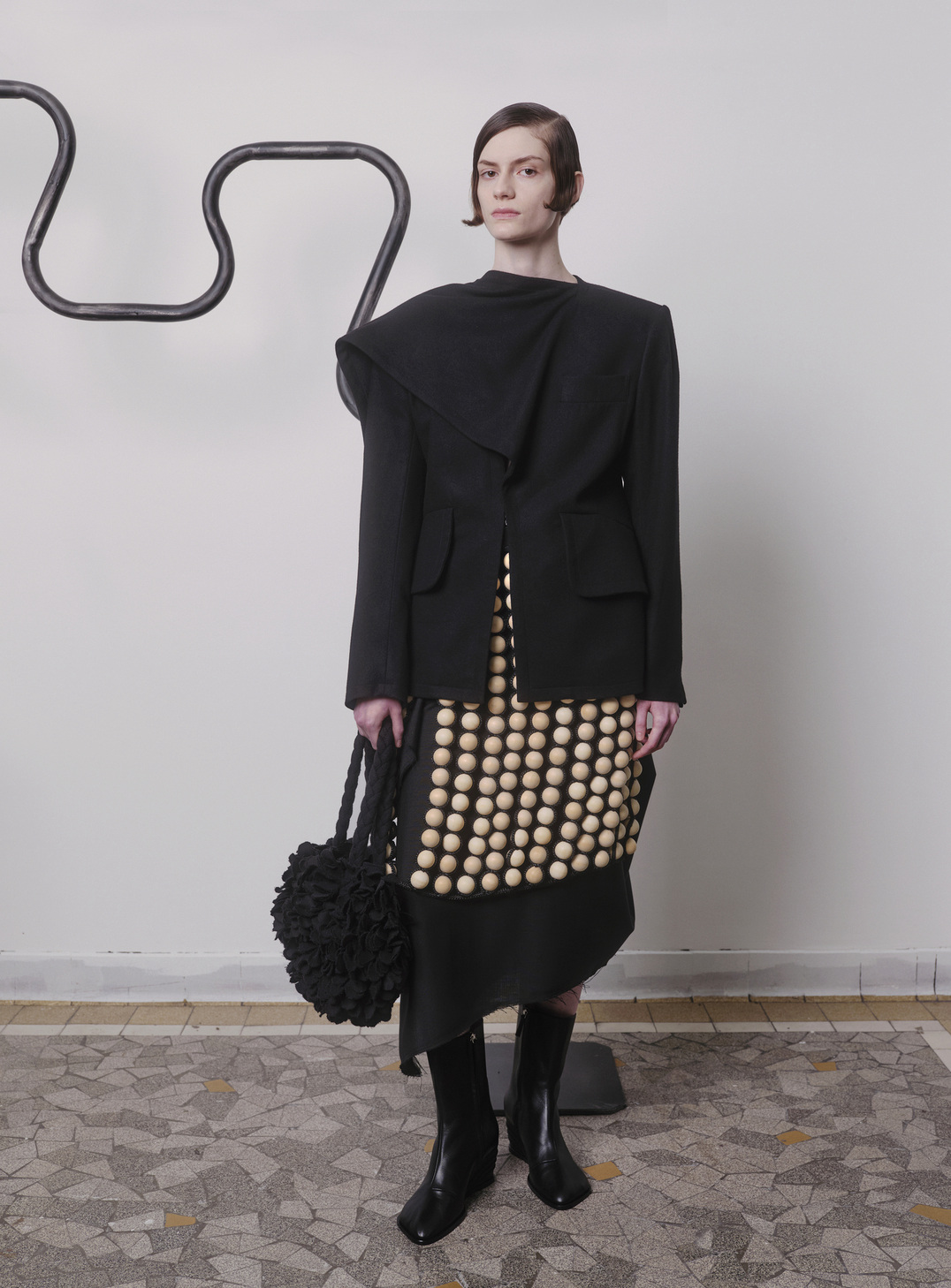
I know you mostly wear your own clothes, but if there was a world where you could pull a Bling Ring for someone's closet, who would it be?
Joan Didion. I look at pictures [of her], and it is always super simple but super great.
Do you have a fashion pet peeve?
When I get the feeling that someone is pretending to be someone else or when I feel that someone is not spontaneous, that makes me uncomfortable.
If you have a moment to unwind during Paris Fashion Week, where will you go to relax?
I would go to the Atelier Brancusi. I always thought it was such a peaceful place.
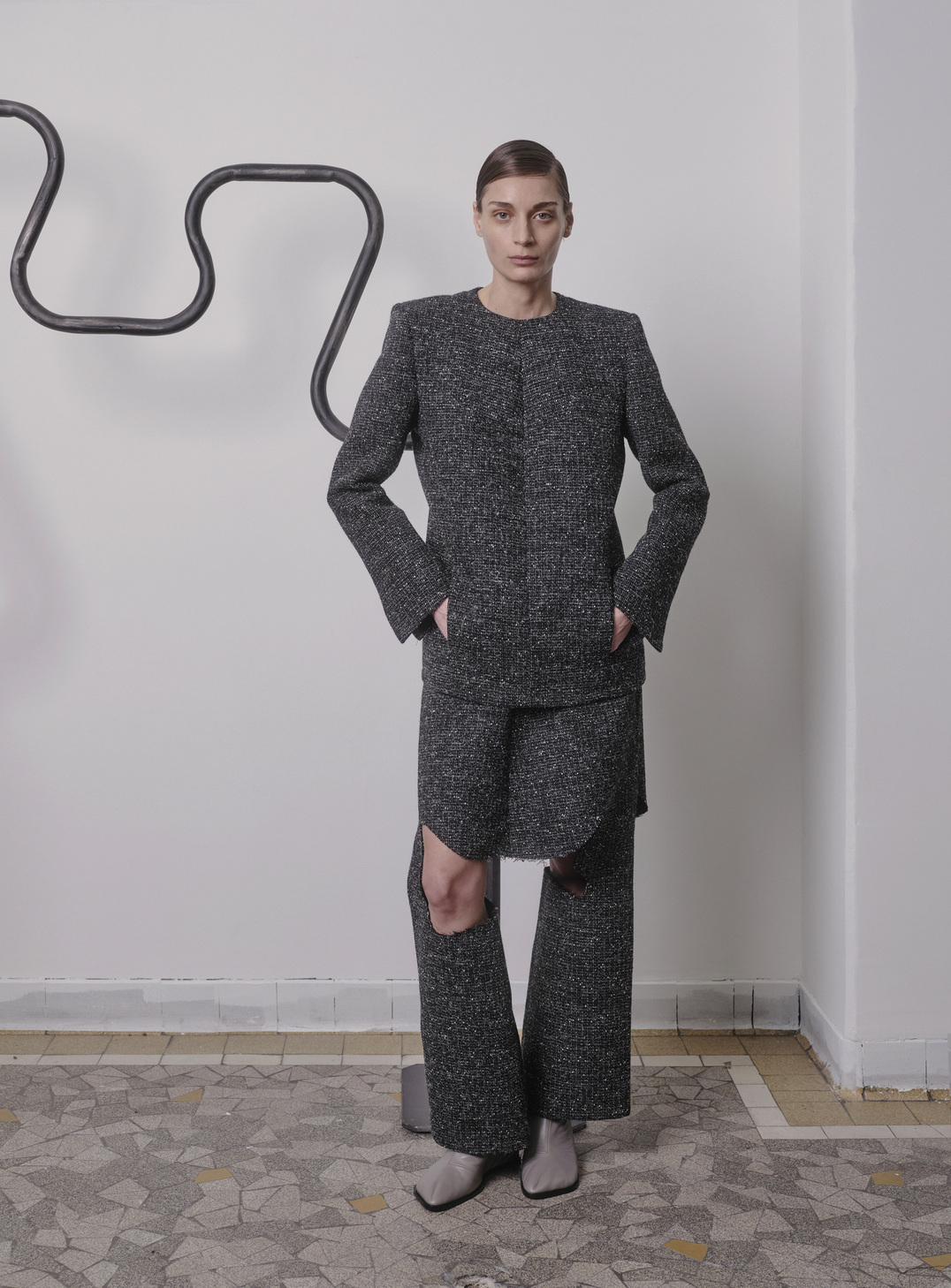
Niccolò Pasqualetti’s Rules to Live By:
1. Always listen to your intuition. Even if it doesn’t make sense at the moment, it probably will later.
2. Free yourself from the expectations of others. This is something I learned from Joan Didion about the meaning of self-respect.
3. Keep going. Whatever it is that you’re doing, what matters is persistence.
4. Take everything day by day. Eventually those grains of sand will amount to a heap.
5. Never forget where you came from. It’s the only thing about you that you cannot change.

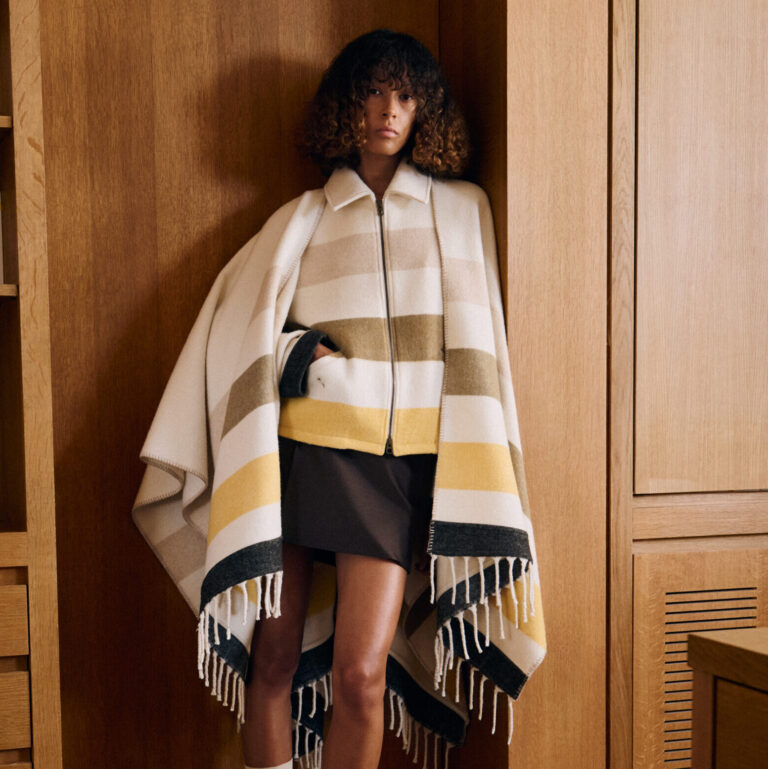
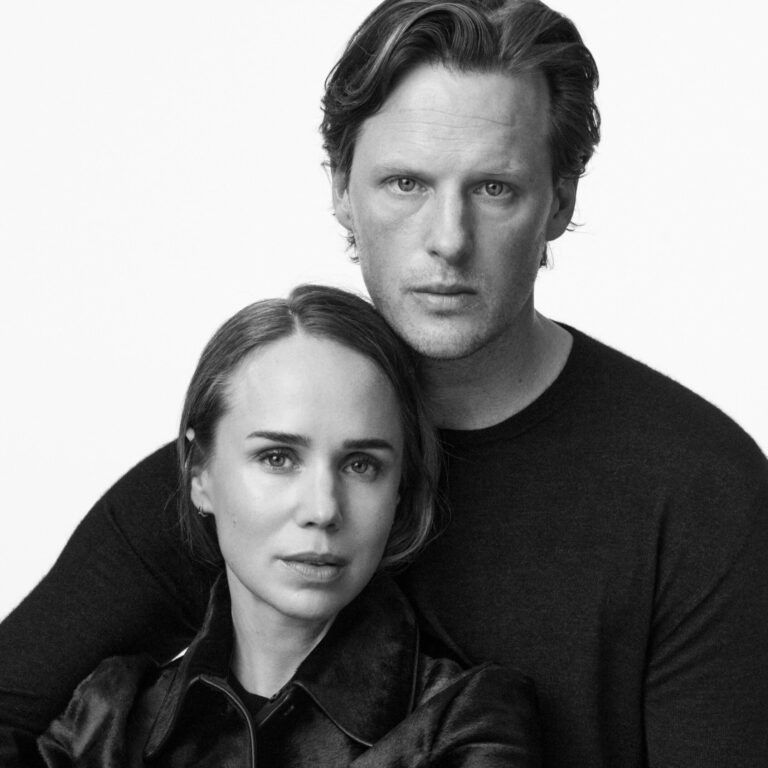
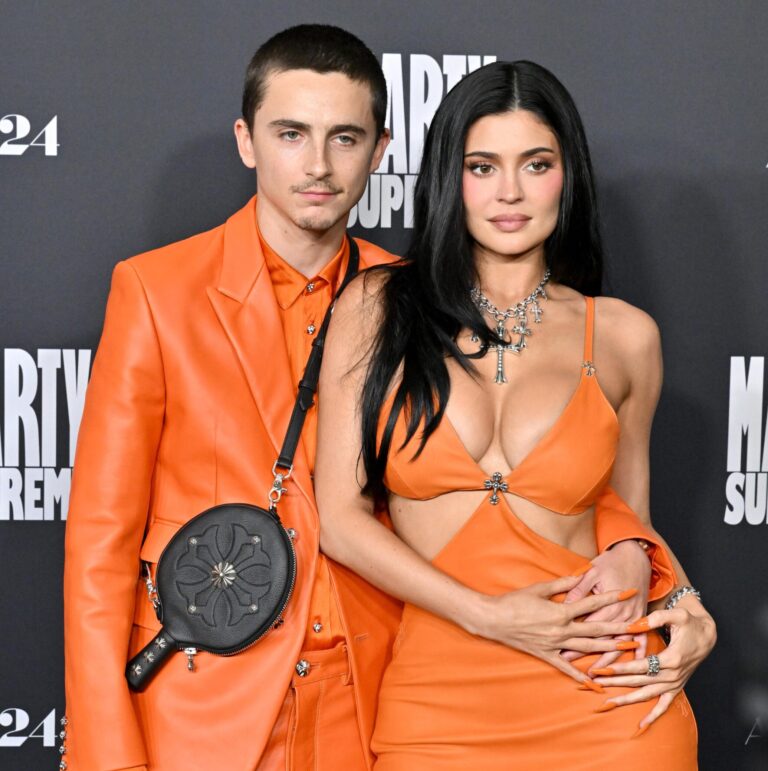
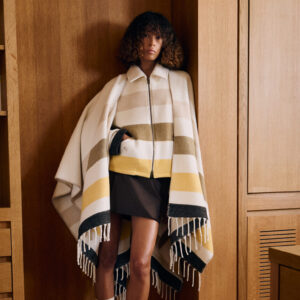
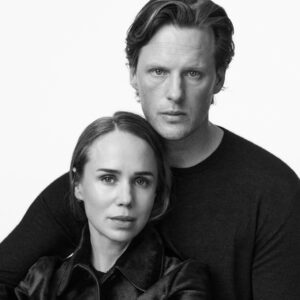
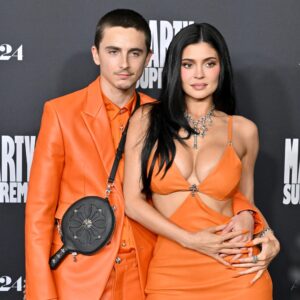



 in your life?
in your life?

